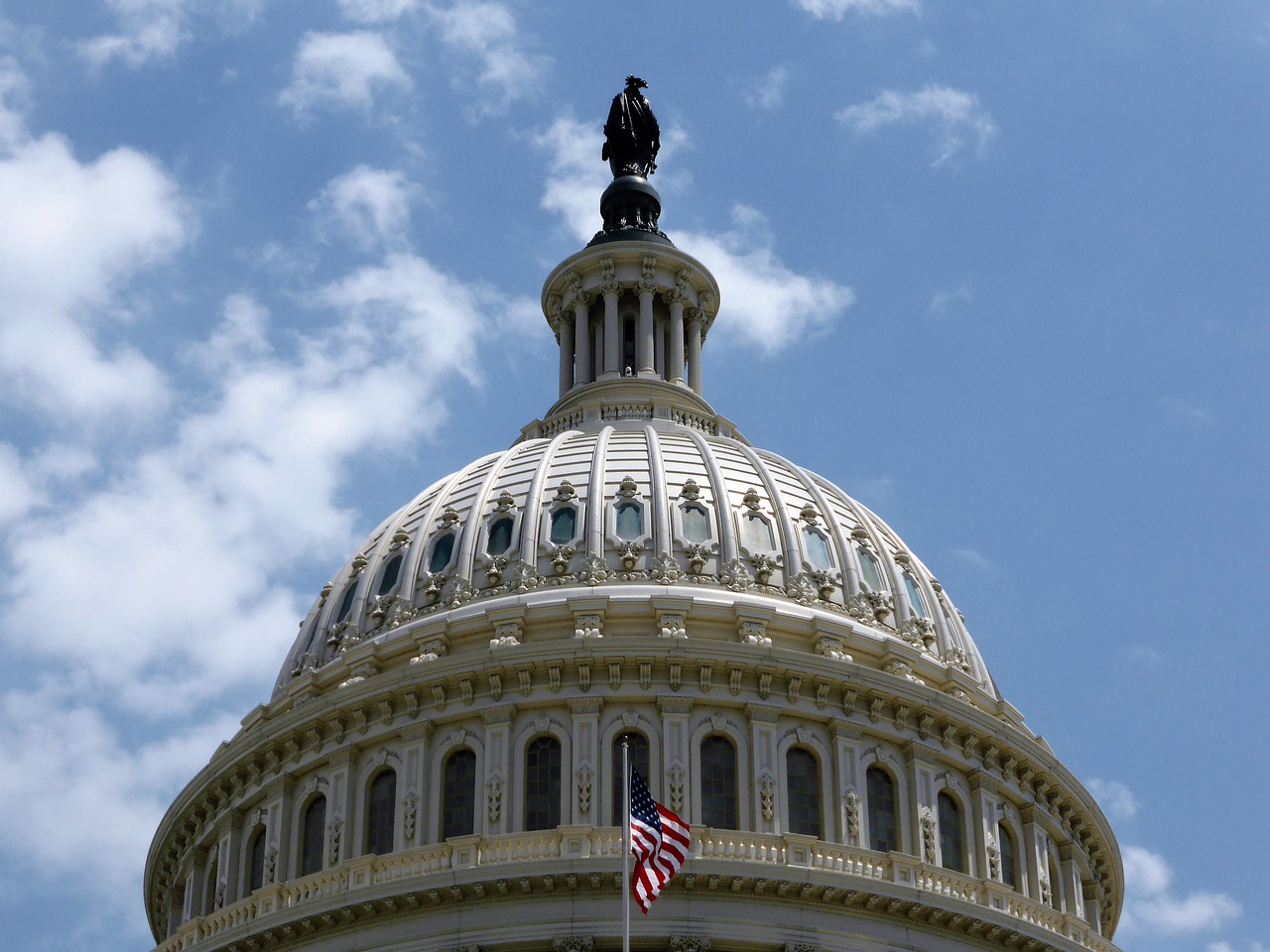Progressive Candidates Starting to Sweep Primary Victories Nationwide
Progressive Democratic candidates across the country won their own respective primaries on Tuesday, May 16th, as the upcoming general elections in November are only seven months away. Many of these notable primary candidate winners are women and non-white women of color who hold progressive views that mostly contradict with moderate centrist positions from the Democratic Party’s establishment in Washington, D.C.
In the Pennsylvania primaries for state, federal, and local positions, two prominent female candidates that were backed by the local Pittsburgh chapter of the Democratic Socialists of America, community organizer Summer Lee and community activist Sara Innamorato, unseated longtime Democratic state representatives, cousins Paul and Dom Costa. The Costas, a prominent family in both local Pittsburgh and Pennsylvania state politics, were backed by prominent labor union groups, but hold moderate views on issues such as gun control and abortion or reproductive health care procedures.
Many political experts have indicated that urban localities such as Pittsburgh, an epicenter of medicine and higher education in the state, are becoming more younger and less conservative or moderate in their politics as the population between the ages of 18 to 35 years old are gradually increasing. Also, a combination of grassroots activism and awareness around issues such as a higher minimum wage, better public transportation, infrastructure improvements, healthcare services, better public education, and workers rights have also contributed to the rise of progressive politics in major cities nationwide.
In rural western states such as Idaho, Paulette Jordan, a progressive Democrat backed by the Bernie Sanders inspired Our Revolution political action group, won the party’s gubernatorial primary. If elected, she could become the country’s first indigenous Native Amerindian governor.
In neighboring Oregon, more women running for the general elections this fall have also won their respective primaries, especially in the local elections of the state’s largest city, Portland. One of these prominent primary victories included former Oregon state representative and Our Revolution endorsed candidate Jo Ann Hardesty. If elected in November, Hardesty could become Portland’s first black female city council member in its own history.
Many electoral organizations such as Our Revolution, Justice Democrats, Democratic Socialists of America, Progressive Change Campaign Committee, Democracy for America, She Should Run, Indivisible, Run for Something, and Swing Left have gain grassroots prominence in electing a variety of progressive candidates, especially first timer candidates, women, non-white people of color, teachers, community activists, and scientists, for many political offices or positions nationwide once held by either Republicans or moderate centrist Democrats. These trends are likely going to continue across the board between future primaries and the general election this year and possibly between 2019 and 2020.




